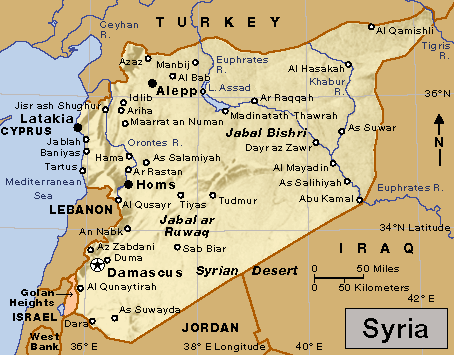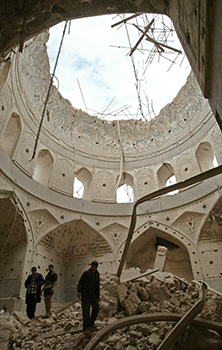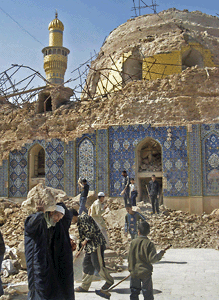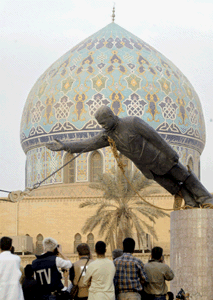Boston Bomber Guilty
Friday, April 10th, 2015April 10, 2015
This week, on April 8, a jury in Boston found Dzhokhar Tsarnaev guilty on all 30 counts for crimes committed in and around the bombing at the Boston Marathon on April 15, 2013. The bombing was the worst terrorist act in the United States since September 11, 2001.
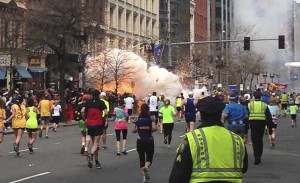
Two homemade bombs exploded near the finish line of the Boston Marathon in 2013. One of the two men who planted the bombs was found guilty this week. Credit: © Dan Lampariello, Reuters/Land
Two brothers, Dzhokhar and Tamerlan Tsarnaev, planned and carried out the bombing at the Boston race. Three people there were killed and some 200 others were injured. Because of the nature of the bomb, a pressure-cooker filled with shrapnel, many of the injured lost limbs in the attack.
The Tsarnaevs were ethnic Chechens. The older brother, Tamerlan, had been born in Russia. Dzhokhar had been born in Kyrgyzstan but was a naturalized American citizen. The prosecution in this case argued that both brothers had been radicalized by Islamic extremism. The defense argued that the older brother had brainwashed and dominated his younger brother to act in the bombing, but that Tamerlan was the engineer of the entire crime. (Tamerlan died in a shootout with police when caught soon after the bombing.)
The defense for Dzhokhar Tsarnaev never disputed his involvement in the crime. His lawyers are hoping to spare his life and presented him as someone who would not have acted without his brother’s bullying. The jury’s next job will be to decide on sentencing, and their choice is between the death penalty and life in prison without parole.
Experts pointed out that the trial left unanswered questions. One important point that never came to light was where the brothers manufactured their bomb. Police know that they did not use Tamerlan’s apartment or Dzhokhar’s college dorm room. If they used the home or garage of another person, was that person also involved in the bombing? It remains unanswered.
Other World Book articles:


